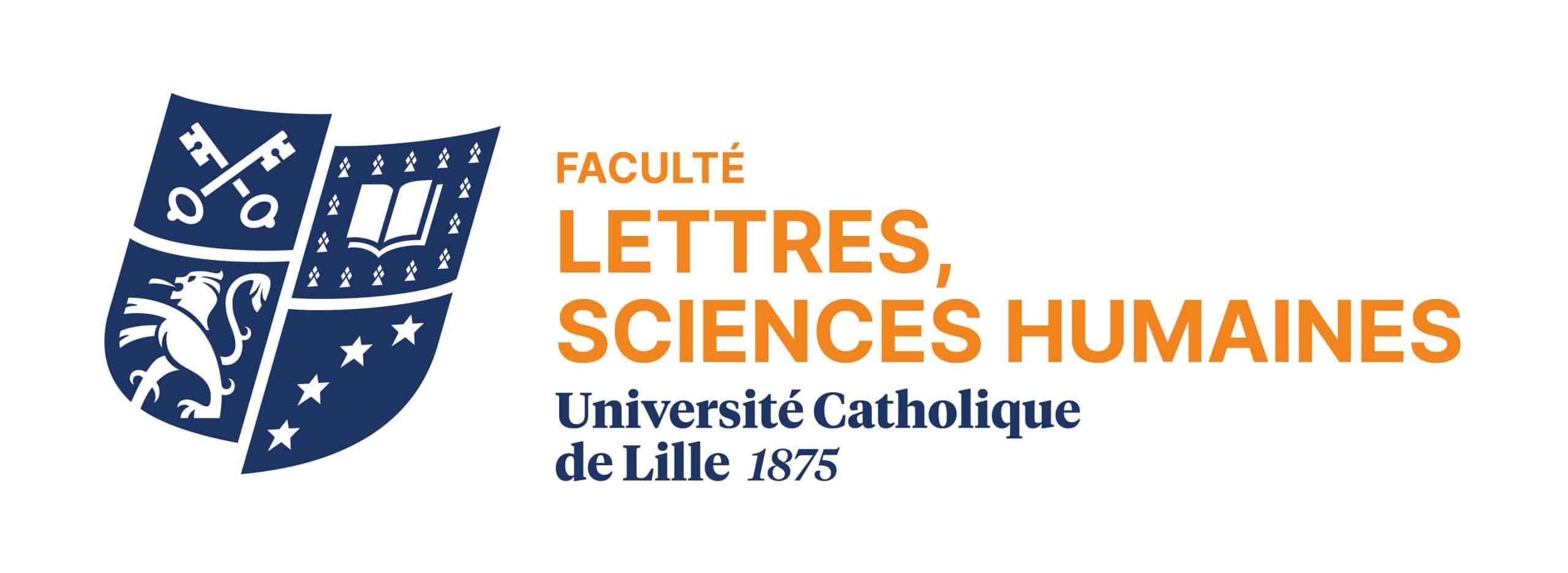
Géopolitique du Moyen-Orient
Etablissement : Faculté des Lettres et Sciences Humaines – FLSH
Langue : Français
Formation(s) dans laquelle/lesquelles le cours apparait :
Période : S1
Â
Géopolitique du Moyen-Orient S1
Â
1 ) PRESENTATION DU COURS
Objectifs du cours
Ce séminaire permet aux étudiants :
• d’acquérir une connaissance de l’histoire contemporaine du Moyen-Orient et de l’Afrique du Nord.
• d’apprendre les notions relatives à la géopolitique du Monde arabo-musulman.
• de comprendre et analyser les logiques des acteurs régionaux et la spécificité propre à chaque pays.
• de maîtriser les événements de l’actualité du Monde Arabo-musulman.
• d’exercer un sens critique et une capacité à interpréter les faits marquants de cet espace complexe.
Contenu :
→ Moyen-Orient et Afrique du Nord : unité et diversité.
→ Géopolitique de la religion musulmane et ses branches.
→ La géopolitique de la péninsule arabique :
→ -Comment l’Arabie est devenue saoudite ?
→ -Le Conseil de coopération du Golfe (CCG) et la mainmise de l’Arabie saoudite.
→ -La géopolitique du Yémen.
→ L’Arabisme et la Ligue Arabe.
→ Le panislamisme et l’Organisation de la Conférence Islamique.
→ Les accords de Sykes-Picot (1916) et leurs répercussions dans la formation du Proche et Moyen-Orient.
→ La Turquie et la fin du “califatʺ.
→ La révolution iranienne et son impact sur le Proche et Moyen-Orient.
→ De la colonisation à l’indépendance : les idéologies de libération.
→ Les causes et les conséquences des révolutions arabes.
→ Les pays du Maghreb : expérience démocratique et fragilité.
Pré requis
Une connaissance de l’histoire et de la civilisation arabo-islamique médiévale est bienvenue.
2 ) CHARGE DE TRAVAIL (précision donnée à la rentrée)
Modalité
Nb heures
Commentaires
Face à face
2 heures hebdomadaires soit 24 heures/ semestre
L’assiduité est indispensable
Travail personnel indicatif :
Environ 30 heures
Lecture des livres et revues traitant de l’histoire géopolitique du Moyen-Orient et de l’Afrique du Nord
Temps de travail total pour l’étudiant
3 ) METHODES PEDAGOGIQUES
Chaque séance consistera en une présentation du sujet du jour pouvant être accompagnée de supports tels que power-point ou des extraits documentaires sur les pays du Moyen-Orient et de l’Afrique du Nord, leur histoire et leurs relations réciproques dans le temps et dans l’actualité.
L’usage des cartes de géographie du Moyen-Orient et de l’Afrique du Nord, qui permettent de localiser les événements et leur évolution.
Les étudiants sont invités à participer en faisant appel à leur connaissance du monde arabo-islamique, à travers des discussions et des exposés.
4 ) EVALUATION
Modalité
Nombre
Durée
Commentaires / par semestre
Contrôle continu
1
Epreuve terminale
1
5) Bibliographie
Bibliographie (sera complétée pendant le cours) :
– Fabrice Balanche, Géopolitique du Moyen-Orient (Documentation photographique n°8102) 2014, La Documentation française.
– Pierre Blanc, Jean-Paul Chagnollaud, Atlas du Moyen-Orient aux racines de la violence,
Cartographie Claire Levasseur, Autrement, 2016.
– Leyla Dakhli, Histoire du Proche-Orient contemporain, La Découverte, coll. « Repères
Histoire », 2015.
РAlain Gresh et Dominique Vidal, Les 100 Cl̩s du Proche-Orient, 1986, r̩ed. Hachette
collection Pluriel 2011.
– Anne-Clémentine Larroque, Géopolitique des islamismes, PUF, « Que sais-je ? », 1ère
édition 2014. Réédition 2016.
РGeorges Corm, Pens̩e et politique dans le monde arabe Contextes historiques et
problématiques, XIXe-XXIe siècle, La Découverte, 2015.
– Georges Corm, Le Proche-Orient éclaté (1956–2012), Gallimard/Histoire.
– Jean-Pierre Filiu Le Nouveau Moyen-Orient, Fayard, 2013.

